Keynote Speakers
Don’t Miss Moments at the 2026 CMBE Conference
Explore the standout sessions and renowned speakers shaping this year’s program.
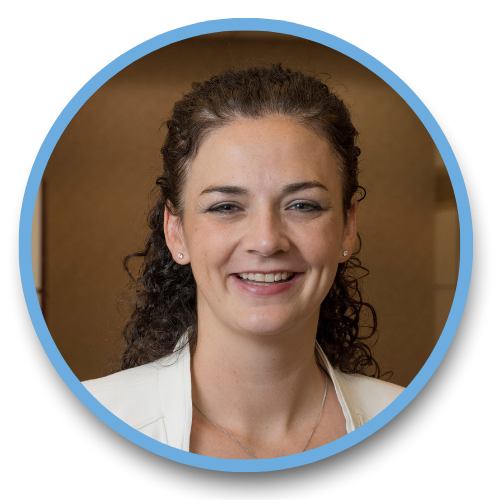
Elizabeth Cosgriff-Hernandez
💡 Professor
📍 The University of Texas at Austin
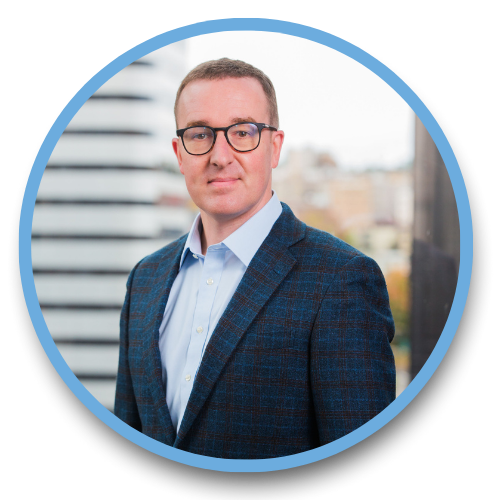
Brendan Harley
💡 Professor
📍 University of Illinois at Urbana-Champaign
Biography
Brendan Harley is the Robert W. Schaefer Professor in the Dept. of Chemical and Biomolecular Engineering at the University of Illinois at Urbana-Champaign as well as Program Leader in the Cancer Center at Illinois. He received a B.S. in Engineering Sciences from Harvard University, a Sc.D. in Mechanical Engineering from MIT, and performed postdoctoral studies at the Joint Program for Transfusion Medicine at Children’s Hospital Boston.
Dr. Harley is a biomaterials scientist with an international profile in tissue engineering and regenerative medicine. His research group develops tissue engineering technologies for musculoskeletal regeneration, hematopoietic stem cell biomanufacturing, as well as to investigate endometrial pathologies and invasive brain cancer. He is a decorated instructor, has had leadership experiences at his university, within interdisciplinary research institutes, and across the biomedical community, and co-founded a regenerative medicine company, Orthomimetics Ltd., to commercialize an osteochondral regeneration technology.
Dr. Harley has received a number of awards and honors including an NSF CAREER award (2013), the Young Investigator Award (2014) and the Clemson Award for Basic Research (2021) from the Society for Biomaterials, as well as university research, teaching, and promotion awards (U. Illinois). He is an elected Fellow of the American Association for the Advancement of Science, the American Institute for Medical and Biological Engineering, and the Biomedical Engineering Society.
Why you should listen
Nearly all modern engineered systems are highly determinant, with well-defined structure-function-property relationships designed for well-characterized operational envelopes. In contrast, living systems are multicellular, hierarchically organized, and evolve in space and time across the lifespan (e.g., development, homeostasis, ageing, and disease). Biomaterials are a central part of bioengineering efforts to regenerate tissues and create biomimetic environments to study disease progression and therapy outside the body. Over the last twenty years the bioengineering community has focused on knowing more and on initiatives that integrate expertise from a broad set of STEM disciplines. Yet, our current generality-focused, one-size-fits-all perspective related to bioengineering research design cannot address emergent challenges tied to sex, age, and other underlying considerations that contribute to health inequities. Bioengineering is at an inflection point. The complex societal challenges we face will require bioengineering to foster connections across avant-garde (e.g., art, humanities, social science, etc.) disciplines. We must imagine new ways to assemble scholarly communities based on justice, access, collaboration, and care.
Personal note
I am a husband, father, and runner. And I am a 30 year cancer survivor whose experience as a patient profoundly shaped my perspectives about career and leadership.
What are you best known for? What is your crowning achievement?
Creative interdisciplinary research, mentoring, and service to the bioengineering community.
Christopher J. Hernandez
💡 Professor
📍 University of California, San Francisco
"The Microbiome, Bone Strength and Aging"
Biography
Dr. Hernandez is a Professor in the Departments of Orthopaedic Surgery and Bioengineering and Therapeutic Sciences at the University of California, San Francisco and the department of Bioengineering at UC Berkeley. He is also the Director of Health Innovations Via Engineering at UCSF and is an Investigator at the Chan-Zuckerberg Biohub San Francisco. Dr. Hernandez is a Fellow of the American Institute for Medical and Biological Engineering (AIMBE), the American Society of Mechanical Engineers (ASME), and the Biomedical Engineering Society (BMES). He is the 2018 recipient of the Fuller Albright Award for Scientific Excellence and the Adele Boskey Award from the American Society for Bone and Mineral Research. In 2022 he was named to the inaugural class of BRITE Fellows by the National Science Foundation. He has served on the Board of Directors of the Orthopaedic Research Society and is currently serving as Councilor to the American Society for Bone and Mineral Research. His laboratory’s research currently focuses on the effects of the microbiome on the musculoskeletal system and orthopaedic surgery, the biomechanics and mechanobiology of bacteria and engineered living materials.
Website
hernandezresearch.com
Jennifer Robinson
💡 Associate Professor
📍 University of Washington
Biography
Molecular thinker. Structural tinkerer. Clear communicator.
Dr. Jennifer (Jenny) Robinson received her Bachelor’s degree in Bioengineering from Rice University and was recognized with the Outstanding Contributions to Research in Bioengineering Award and Hugh Scott Cameron Service Award. She spent a summer as a NSF IGERT fellow at the National University of Ireland - Galway (NUIG) and a year as a Whitaker Scholar at the National University of Singapore (NUS) before starting graduate school. She continued her education at Texas A&M University as a Diversity Fellow and NSF Graduate Research Fellow focused on porous foams for bone graft applications. She completed her PhD in 2014 with a patent and numerous publications highlighting her work. Robinson conducted postdoctoral research as both a NIH K12 and F32 fellow investigating the impact of estrogen signaling on interfacial tissues in the knee and jaw at Columbia University. Her current work capitalizes on her training in biomaterial design and estrogen signaling to decipher the role of sex hormones in tissue regeneration of fibrous connective tissues to uncover the mystery of why female elite and lifelong athletes experience increased injury and worse repair outcomes - ideas that have led to current collaborations with the WNBA Seattle Storm. This work has been highlighted via a Rising Star of Regenerative Engineering Award through ACS PMSE, Rosalind Franklin Society Award in Science, and multiple keynote speaker invitations to national and international meetings. Robinson is a strong advocate for women prowess and dominance in male-dominated fields - including science, engineering, and sports.
Jennifer Robinson is a scientist and bioengineer passionate about improving women’s health. Her work focuses on how hormones like estrogen affect our joints, tissues, and overall health—especially during major life changes like menopause. By combining engineering tools with biology, she studies how cells respond to injury and aging, with the goal of developing better treatments for common but often overlooked issues, like joint pain and hormone-related diseases. Jennifer is committed to making science more inclusive, understandable, and impactful for everyone.
Why you should listen
Biological sex matters in tissue regeneration. Why me? I’ve experienced a life-altering, career-altering injury and seen first hand the impact it has on female athletes. I’ve experienced not being listened to, playing on worse fields, using male equipment (jerseys, cleats, etc.). I’ve experienced so many of my teammates and friends playing sports have similar injuries. I’ve experiences the emotional and mental setbacks of this injury and the identity altering consequences.
What hobbies, causes, or activities are you passionate about aside from your work?
Soccer/female sports teams
Crochet, embroidery → freedom to design and make a beautiful product.
What are you best known for? What is your crowning achievement?
I think I’m still too early in my career to have made my crowning achievement yet. But modeling lymph node function in organ-on-chip systems is what we are working towards and probably known for.
Jianping Fu
💡 Dean of Research & Technology and Assistant Professor
📍 University of Puerto Rico (UPR)
Biography
Dr. Kevin M. Alicea-Torres is the Dean of Research & Technology and an assistant professor at the University of Puerto Rico (UPR) in Humacao, where he leads the Advancing Cancer Immunology and Science Communication Research Lab. He earned his B.S. in Microbiology from UPR Humacao and completed his Ph.D. in Cell and Molecular Biology at the University of Pennsylvania, conducting dissertation research in cancer immunology at The Wistar Institute. He also serves as an affiliated investigator at the UPR Comprehensive Cancer Center. With more than twelve years of experience in cancer immunology, his research focuses on understanding and therapeutically targeting immune-suppressive myeloid cells within the tumor microenvironment.
Dr. Alicea-Torres has held multiple leadership roles in education and research, previously serving as director of education and associate director of NSF- and HHMI-funded programs. He is a former President of the AAAS Caribbean Division, where he contributed to expanding scientific collaboration and strengthening regional STEM engagement. A Leadership Alliance Doctoral Scholar and alumnus of the Linton-Poodry SACNAS Leadership Institute, he has been recognized for his leadership and mentorship with honors such as Penn’s President & Provost Graduate Student Leadership Award and the national TRIO Achiever Award.
A strong advocate for science communication, Dr. Alicea-Torres co-founded Caminos en Ciencia, a platform highlighting the journeys and contributions of Latin American scientists. In 2020, he became the first AAAS Mass Media Fellow sponsored to write for El Nuevo Día, Puerto Rico’s largest newspaper, reflecting his commitment to connecting scientific knowledge with broader audiences. He currently serves as Chair of the Communications Subcommittee of the Cancer Immunology Working Group of the American Association for Cancer Research (AACR), where he works to amplify scientific voices and foster community engagement in cancer research.
1201 Wilson Boulevard
Suite 10-108
Arlington, VA 22209
Contact Us
(301) 459-1999
BMES is the premier professional community for biomedical engineering innovation and excellence. Our vibrant organization unites more than 6,700 members and a network of over 25,000 across academia, industry, and healthcare, supported by 110+ student chapters worldwide. Through our conferences, specialized interest groups, four leading journals and a myriad of initiatives, we drive advances in medical technology, research, and patient care. Join us in shaping the future of healthcare through engineering.
.png?width=1664&height=787&name=upscaled-2x-CMBE%20Logo%20(White).png)
.png?width=1171&height=554&name=CMBE%20Logo%20(Black).png)
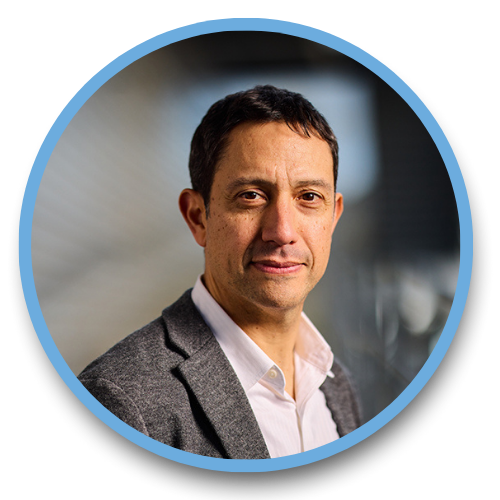
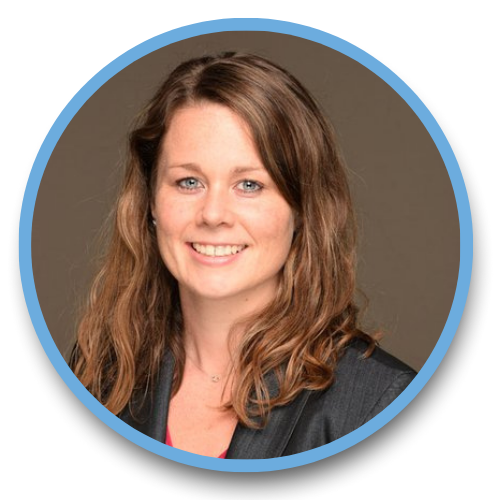
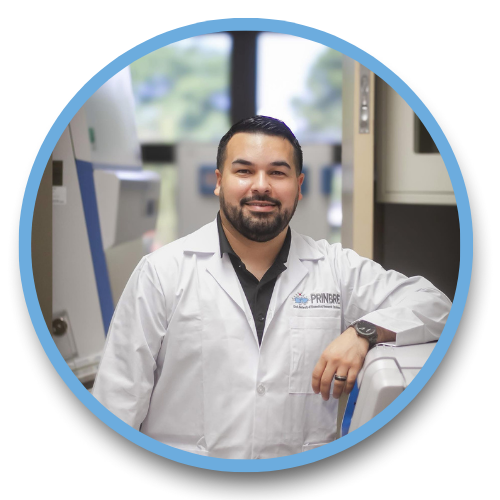
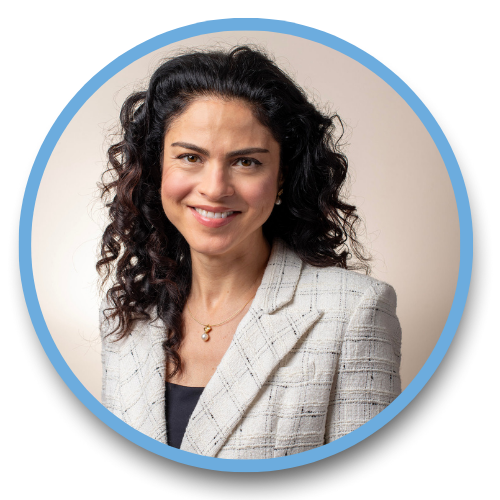
%20WHITE.png)